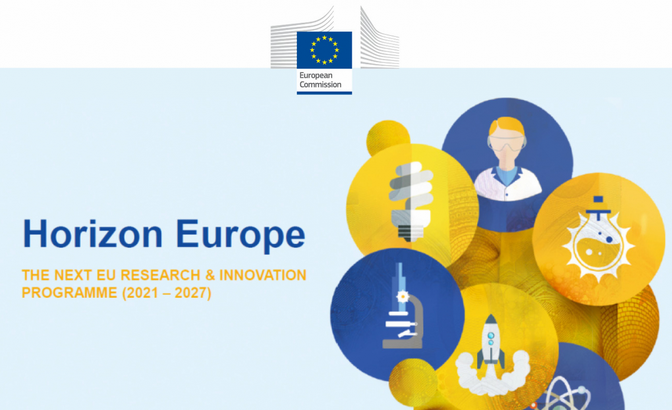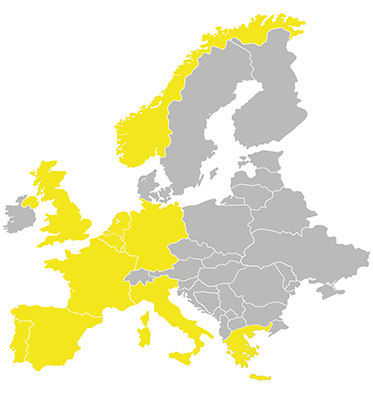By Dr Claire Flanagan, Senior Innovation Consultant.
Policy background
The UK’s agricultural sector is facing significant challenges due to the changing subsidy landscape post-Brexit. Updates to the Agricultural Act 2020 place emphasis on the need to encourage more sustainable production of food in England. Notably, in the areas of soil protection, fertiliser regulation, and the identification and traceability of animals amongst others.
This is in addition to the dual challenge of increasing productivity for improved food security in line with the UK’s ambitious Net Zero agenda – agriculture is responsible for a significant proportion of the UK’s emissions (~11%).
Improved and innovative farming practises are urgently needed to help manage and reduce emissions, for example through alternative approaches to livestock and nutrient management, whilst adapting to the impact of climate change on the availability of land and water.
Grant funding as a government lever to drive positive change:
Transforming Food Production is a major challenge under UKRI’s Industrial Strategy Challenge Fund’s (ISCF) Clean Growth area and provides support for R&D into new ways to produce resilient and sustainable food, reducing carbon emissions, waste and pollution.
In partnership with the UKRI, Defra’s Farming Innovation Programme aims to help England’s farmers and growers to use new, innovative methods and technologies to become more productive, environmentally sustainable, and more resilient to the global food security challenges of the future.
The programme provides a key means to deliver against the governments goals as set out in the Agricultural Transition Plan, 25 Year Environment Plan and Net Zero targets.
Below we summarise the key differences between the schemes to help you decide which one is suitable for your project idea:
Farming Futures R&D Fund: Climate Smart Farming
Provides support for the development of solutions to reduce emissions in existing agricultural practices or enhance resilience to climate change in 4 industry subsectors: livestock; plants; novel food production systems; bioeconomy & agroforestry.
- For ambitious, pre-competitive research that addresses Defra priorities.
- Supports earlier stage research (Industrial Research).
- For maturing innovation.
- Projects must be business-oriented (not necessarily business-led).
- Research organisations can lead and/or participate in projects.
- You will need to highlight societal impact.
Project value: £3-6Mn (@50-70% funding rate).
Project duration: Up to 4 years.
Application process: Submission of an Expression of Interest (EOI) prior to submission of a full application (by invitation).
EOI submission deadline: 18.05.2022.
More info here.
Farming Innovation Programme Large R&D Partnership Projects
Provides support for R&D that will significantly improve: productivity; sustainability and environmental impact of farming; net zero emissions; resilience; 4 industry subsectors: livestock; plants; novel food production systems; bioeconomy & agroforestry for the benefit of English farmers, growers, and foresters.
- Open scope for development and demonstration projects.
- Supports later stage research (Industrial Research/Experimental Development).
- Must be business led and directly engage farmers, growers, or foresters.
- Research organisations can participate in projects.
- Projects must aim to deliver commercial outcomes or benefits.
- You will need to set out a plan for knowledge exchange and exploitation.
Project value: £3-5Mn (@25-70% funding rate).
Project duration: up to 4 years.
Application process: Full stage application plus interview.
Submission deadline: 29.06.2022.
More info here.
How PNO can support you
PNO has extensive experience supporting organisations to apply for these competitions with phenomenal success in securing funding for a diverse range of projects in previous rounds of the Transforming Food Production, Farming Innovation Pathways competitions and Farming Innovation Programme competitions. These were really exciting projects aimed at developing innovative technologies and solutions for many agricultural industry sub-sectors including:
- £1.4Mn for a novel graphene-based vertical controlled environment agriculture farming approach;
- £395K for bio-fungicide screening discovery project targeting the wheat pathogen Z. tritici;
- £750K for a revolutionary insect farming incubator module for processing agri-waste as an approach to produce alternative proteins and reduce soy imports;
- £389K soil microbiome analysis and fungicide discovery to mitigate potato blight P. infestans;
- £476K biochar production from orchard waste as a soil improver and sustainable alternative to fertilisers, plus carbon sequestration as an additional revenue stream for orchardists.
Based on this experience here are our top tips for success:
- Market pull or technology push? You have an idea but have you actually spoken to the farmers, growers, or foresters who would potentially adopt your technology? Is there really a need for your solution? What work have you already completed to establish this need? Is it an idea that can be readily integrated into existing practises to ensure wide adoption for maximum benefit for your target sub-sectors?
- Collaboration is key to maximising the impact: Grant funding enables and strongly encourages collaboration. Collaborating with farmers, growers, or foresters ensures user centred design and development to their specific needs. Engagement with researchers such as through the UK’s Agri-Tech centres will not only provide additional resource and sector expertise for project delivery and development but will also increase your reach for engaging potential end-users, essential for delivering a strong knowledge exchange program and exploitation plan.
- Remember the why: As highlighted above, projects must deliver bold solutions that will lead to a more productive, environmentally sustainable and resilient agricultural sector. This really must be evidenced and quantified throughout your application to demonstrate potential societal impact.
We would be happy to share further knowledge and insight, and welcome the opportunity to discuss potential project ideas with you, so feel free to get in touch!
Contact us
0161 488 3488 or info.UK@pnoconsultants.com or submit an online enquiry here.









